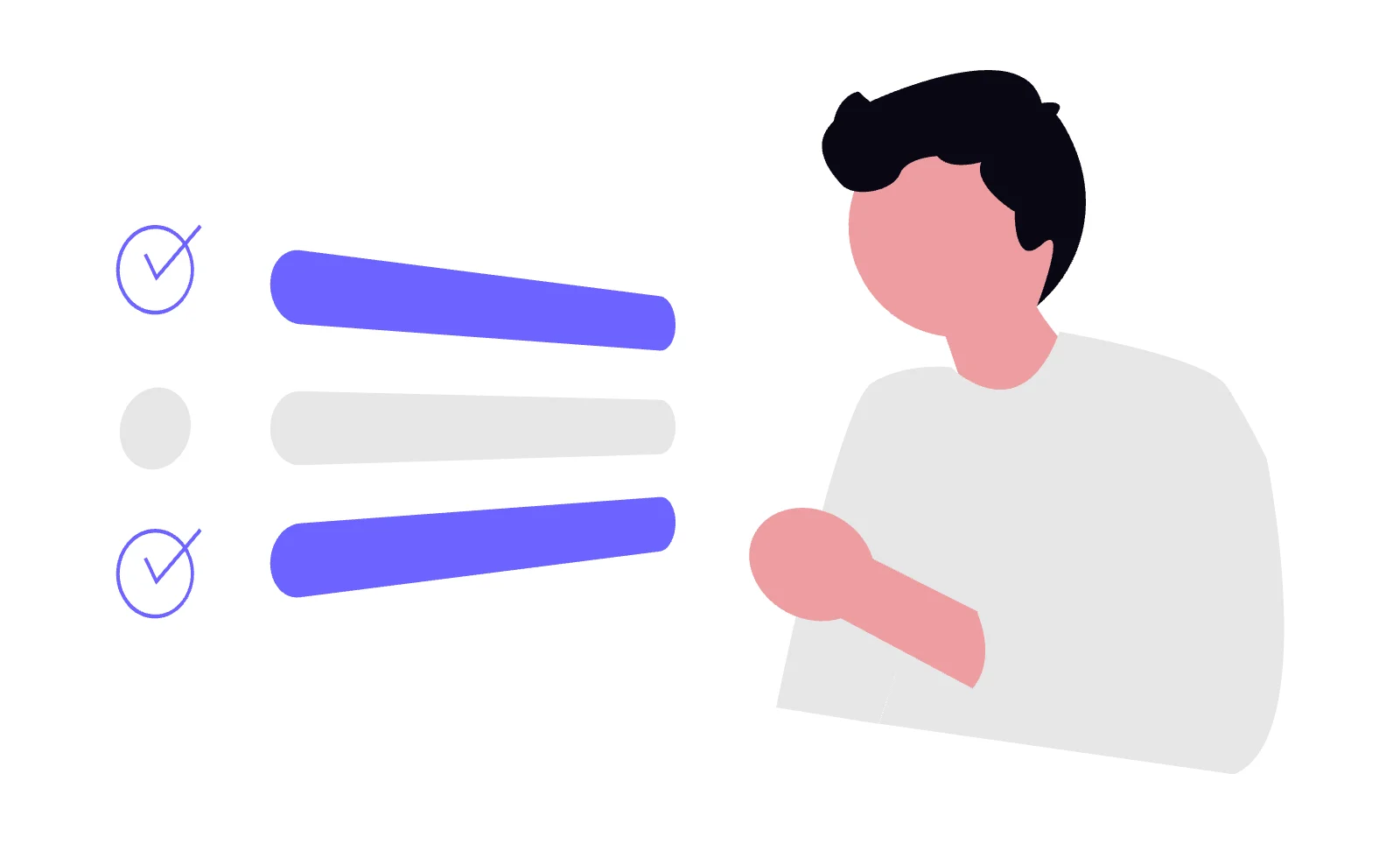Getting your first job is one of the most exciting steps in your life. It’s your ticket to earning your own money, gaining independence, and learning a bunch of new skills. But it can also feel a bit scary. How do you write a resume when you have nothing to put on it? What do you say in an interview?
Don't worry, we've got you covered. This guide will walk you through everything you need to know to land your first job in Australia.
Part 1: Where to Find Your First Job
Most first jobs for teens are in the retail and fast-food industries because they are great at training new staff. Think about places like:
- Supermarkets: Coles, Woolworths, ALDI.
- Fast Food: McDonald's, Hungry Jack's, KFC, Guzman y Gomez.
- Retail Stores: Kmart, Target, Big W, JB Hi-Fi.
- Local Cafes and Restaurants: Washing dishes or waiting tables.
How to look:
- Walk In: The old-fashioned way still works! Print a few copies of your resume, dress neatly, and walk into your local shops. Ask if they have any positions available for a junior staff member.
- Look for Signs: Keep an eye out for "Now Hiring" or "Junior Staff Wanted" signs in shop windows.
- Use Your Network: Tell your parents, older siblings, and family friends that you're looking for a job. They might know someone who is hiring.
Part 2: Your First Resume (When You Have No Experience)
This is the part that stresses everyone out, but it's easier than you think. The key is to focus on your skills and potential, not work history. Keep it to one page.
Here’s what to include:
- Contact Details: Your Name, Phone Number, and a professional-sounding Email Address.
- Objective: A short, sharp sentence. Example: "Enthusiastic and reliable Year 10 student seeking a part-time job to develop customer service skills in a team environment."
- Education: Your school's name and your current year.
- Skills: This is the most important part! Think about the skills you use every day.
- Teamwork: (e.g., "from playing on the school soccer team")
- Responsibility: (e.g., "from looking after a family pet or regular chores")
- Communication: (e.g., "from doing presentations in class")
- Time Management: (e.g., "from balancing schoolwork and sport")
- Extracurricular Activities: List things like school sports, band, debating club, or any volunteer work you've done.
Part 3: Nailing Your First Interview
If you get called for an interview, congratulations! That's a huge win. To feel less nervous, preparation is key.
- Do a Little Research: Find out what the business sells or does. It shows you're interested.
- Practice Your Answers: You'll likely be asked, "Tell me about yourself" and "Why do you want to work here?" Plan a short answer for these.
- Dress Neatly: You don't need a suit. Just clean, tidy clothes. No ripped jeans or old t-shirts.
- Be Polite: Smile, make eye contact, and say please and thank you. It goes a long way.
- Ask a Question: At the end, they'll ask if you have any questions. Have one ready! A great one is, "What does a typical day look like in this role?"
Part 4: The Important Paperwork
Before you can start getting paid, you need two things:
- A Bank Account: You need your own bank account in your name so your employer can pay you. You can set one up easily at any bank with a parent.
- A Tax File Number (TFN): This is a unique number the Australian Taxation Office (ATO) uses. You must have one to get a job. Applying is free. You can start the application on the ATO website and then go to an Australia Post office with your parent and identity documents (like your birth certificate or passport) to finish it.
Part 5: Know Your Rights at Work
Even on your first job, you have rights. It's important to know the basics.
- You Must Be Paid: There are minimum pay rates for every job, which are based on your age and industry. You can check them on the Fair Work Ombudsman website. Unpaid trial shifts are illegal.
- A Safe Workplace: Your employer must provide a safe environment and give you proper training for all your tasks.
- You Can't Be Bullied: Bullying or harassment is not okay. If it happens, you should tell your manager, a parent, or another trusted adult immediately.
Getting your first job is a massive achievement. It takes courage to put yourself out there. So be proud of yourself, follow these steps, and get ready to start earning your own money. You've got this!
Support Our Work
If you find our content helpful, consider buying us a coffee! ☕💕
Every coffee helps us create better content, improve our tools, and continue serving the Australian employment community.Thank you for your support! 🙏
Need Emotional Support During Your Career Journey?
Life transitions can be tough. Whether it's job loss stress, 485 visa anxiety, or career uncertainty - you're not alone. Sisi the Fox offers gentle AI-powered healing support designed specifically for Australians.
"A warm companion for when career stress feels overwhelming."
Comments (0)
No comments yet. Be the first to share your thoughts!
